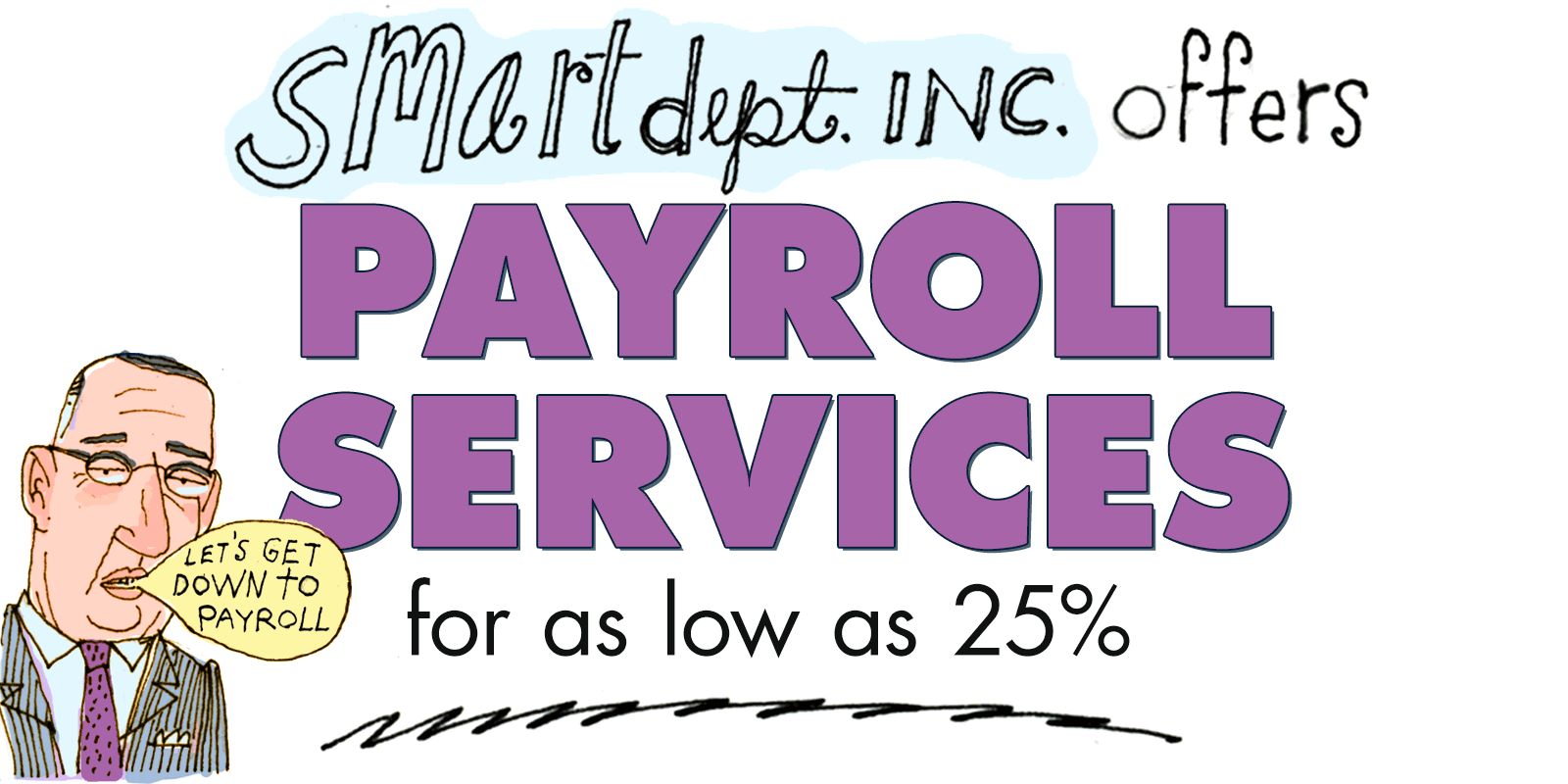One of the great things about not being a stuffy ogre in the staffing universe is that we tend to have a lot of actual conversations with the other people in this universe. We love that! Collaboration is fun, and working together with people to solve or improve something is what we dig the most. One FAQ is about whether it is better to hire a freelancer on a 1099 or W-2 basis. At the suggestion of our own trusty advisors, we offer our candidates the opportunity to work on our client’s behalf only as a W-2 employee of smartdept. inc.
Why, you’re asking? Well, how much time do you have?
The long and short of it is that making our freelancers W-2 employees as soon as they accept an assignment allows us to offer our working talent the benefits they deserve. It also keeps us on the right side of employment law and protects us from potential penalties – if we had a freelancer working as an independent contractor and they forgot to file their earnings with the IRS, we would be on the hook for paying their penalty.
This next bit is a little dry, but your friends at the Internal Revenue Service (you may also know them as the IRS) would want you to know that they require subcontractors to submit IRS Form 1099-MISC with their annual tax returns? Subcontractors, or what we lovingly refer to as freelancers, must report earnings of $600 or more from a company in a calendar year. A freelancer must provide earnings information to the IRS even if they do not receive 1099 forms. And, oh, by the way, companies that fail to provide these forms to their freelancers may face IRS penalties of at least $250 for each incident.
In a nutshell (that’s a phrase only people born before 1971 use), companies usually mail 1099 forms to their freelancers in January. The forms should list the freelancer’s earnings and notes any income tax withholding. In February, companies report 1099 information to the IRS. That alerts the IRS to expect certain taxpayers to report the income, and each form is linked to a taxpayer by a Social Security number, and freelancers may receive multiple 1099s in one year.
Are you with me so far?
Great, but if scary things make you squeamish, get ready to cover your eyes! I’ve heard some companies pay freelancers “under the table” by paying them in cash! This little creative workaround allows the freelancer to avoid reporting the money as income, possibly resulting in tax savings. Even though companies paying under the table may pay lower wages than they would under normal circumstances, this is a bad idea because both the company and their freelancer could face penalties if the IRS found out.
The minimum penalty is $250, but (remember when I told you to cover your eyes) total penalties for the calendar year could total as much as $500,000, depending on the size of the business. OUCH! To add insult to injury, the IRS also imposes penalties for sending 1099 information late and may learn about missing 1099 information when subcontractors report the income but note it did not receive a 1099.
What does it all mean?
It means that the 1099 process can be time-consuming and costly. Time is money! And, money is money! Kinda like bitcoin is money and nonfungible tokens are, too. Okay, maybe not exactly like that.
Look, it doesn’t matter if we find your freelancer for you or not. Everyone payrolled through smartdept. inc. is a W-2 employee of the smartdept. inc. This is helpful to them because they are paid bi-weekly (no chasing invoices) and are automatically entitled to benefits like healthcare, paid sick leave, and 401k. As their employer, we cover payroll taxes, onboarding, record keeping, HR/employee compliance, and time tracking. Oh man, you’ll be able to do so many more activities (Step Brothers reference).
Let’s just agree that time is money, money is money, and using smartdept. inc. to payroll your freelancers is a great way to save you both.
Drop us a line at hello@thesmartdept.com if you’d like more information.

